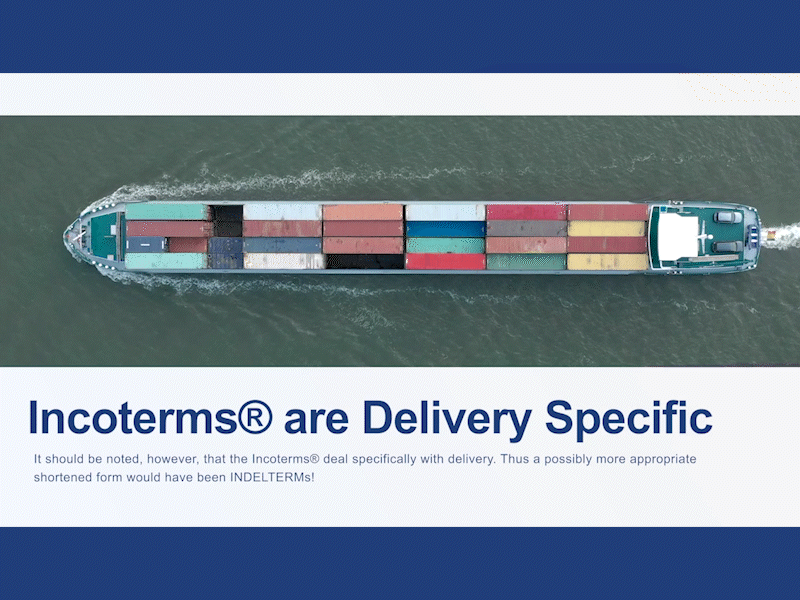Company A has seen consistent growth in local markets with a clear demand for its produce. It has expanded its production facilities and has sufficient capacity to potentially sell its products in foreign trade markets. To fully understand what that may entail, Company A needs a better understanding of the difference between selling in the domestic market and export sales.
When comparing domestic sales with export sales, there are a number of differences in approach which may prove challenging. Understanding the implications of these challenges will be beneficial to your export sales strategy. Let’s start with some of the more obvious challenges, such as cultural differences. Culture consists of both traditional behavioural practices and the language in which people communicate. The variety of different languages used around the world has meant that international sales negotiations generally take place in a commonly understood, third language, like English. This often results in misunderstandings, particularly if one factors in different dialects, accents and cultural interpretations. Cultural differences also play a big influence in how business is conducted which impacts all negotiations. A company’s export sales success could hinge entirely on its ability to negotiate new sales in foreign trade markets, which means that understanding relevant cultural differences is extremely important.

Company A’s products are all perishable produce, which are perfectly suited to their country’s climate. Other countries, however, may have totally different climatic conditions and experience different seasons to Company A. This creates demand in certain countries for specific products at different times of the year when goods are unobtainable from normal sources. Rising demand in turn leads to higher prices. A good example of this is the global demand for avocado pears which ebbs and flows according to the seasons being experienced in different countries. For Company A, differing climates is a major consideration as it affects the seasonal demand for their products.
Other important challenges facing would-be exporters include the political and legal environments existing in their potential export markets which could hamper timeous payment, impact contractual agreements and delay delivery. Specific documentary requirements of certain importing countries can also hold up goods; foreign exchange control regulations can affect payments and fluctuating exchange rates can result in heavy financial losses. This is known as foreign exchange risk and is one of the main reasons for exchange control regulations.

To ensure Company A stays on track, Trade Forward Southern Africa, in collaboration with the International Trade Institute of Southern Africa has developed a comprehensive online training programme, covering all aspects of export trade. For all your export assistance needs, simply click the link below to register free-of-charge and start learning!
To sign up to the School of Export CLICK HERE.
If you already have a profile, CLICK HERE to login to begin the module.










Leave a Reply